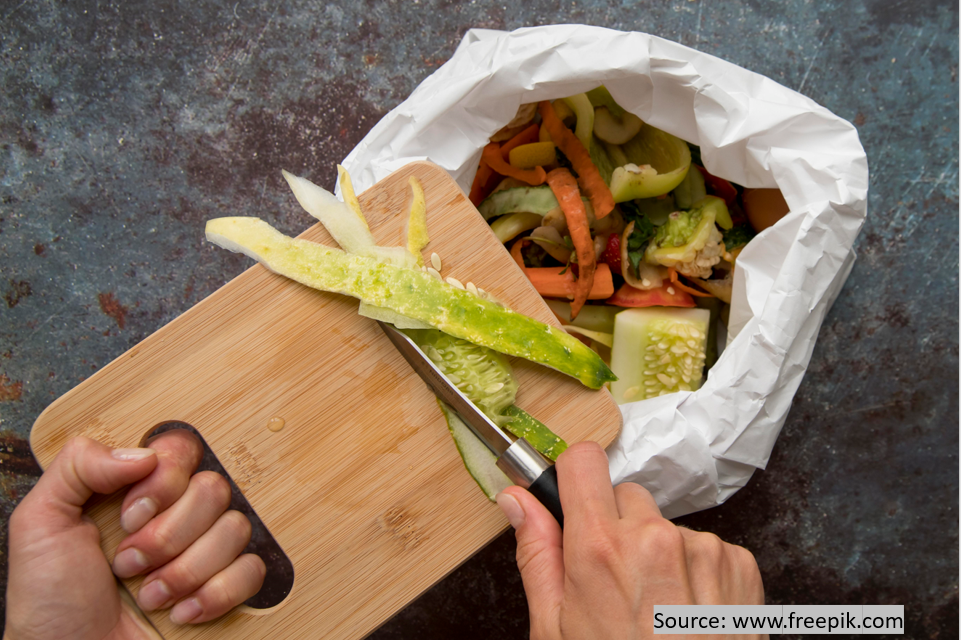
Food Waste Prevention in HoReCa
In the kitchen of a hotel or restaurant, a large amount of food waste is generated. Reducing food waste is an important way to improve your resource efficiency and reduce your environmental impact.
There are a number of steps you can take to prevent and minimize food waste:
- Minimize food waste by properly storing and freezing food. You will also extend their shelf life.
- Smart shopping and flexible menus are the key to reducing food waste.
- Don't buy large stocks of short-lived foods for meals. It's okay if by the end of the day you can't provide a dish because you've run out of ingredients. Emphasize that you prefer to purchase and use the freshest ingredients for your meals. Clients will appreciate it.
- Do not throw away, but rather immediately use fresh trimmings and bones for broths and sauces.
- Optimize portion control and inventory management.
- Improve the quality of your meals and customers won't leave them on their plate. This can be achieved, for example, through stricter quality control, increased skills and experience, and investing in quality kitchen equipment and utensils.
- Raising customer and staff awareness is the best waste prevention strategy. Much of the potential for waste prevention comes from the behavior of your customers. In addition, the staff (especially in the kitchen) can do a lot in this direction. If you interact with guests or staff, you can greatly improve waste prevention.
- There are digital solutions for minimizing food waste in the kitchen, and you can explore them in the example below:
- Too Good to Go is an app developed by a Danish startup that can be used by
retailers and catering businesses in many cities as a marketplace to sell
unsold leftover food at discounted prices at the end of the day. So, in many
European cities, using this application, you can find products offered at
discounted prices in street markets, in large chain supermarkets or in popular
cafes and restaurants in the city.
- Too Good to Go is an app developed by a Danish startup that can be used by
retailers and catering businesses in many cities as a marketplace to sell
unsold leftover food at discounted prices at the end of the day. So, in many
European cities, using this application, you can find products offered at
discounted prices in street markets, in large chain supermarkets or in popular
cafes and restaurants in the city.